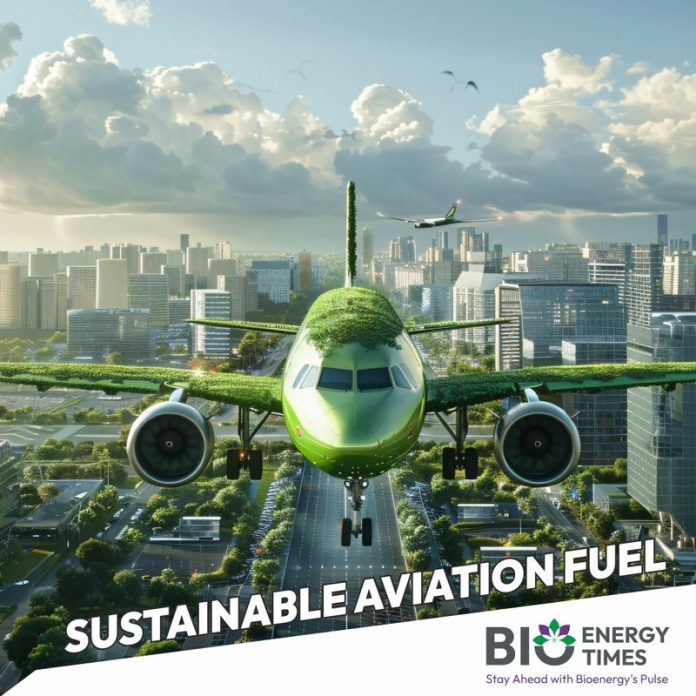Airbus is making an investment in LanzaJet, a leading company in sustainable fuels technology and production, aligning with its goal to accelerate the global development of sustainable aviation fuels (SAF).
This investment aims to support the advancement of the Alcohol-to-Jet (ATJ) pathway, a crucial step in scaling up SAF production. It will enable LanzaJet to expand its capabilities and capacity for scaling its proprietary Ethanol to Sustainable Aviation Fuel (SAF) process technology.
“Sustainable aviation fuels are pivotal in decarbonizing aviation, yet their production remains limited. Our collaboration with LanzaJet underscores Airbus’ commitment to collaborating with top energy technology providers to explore innovative production pathways and scale SAF,” stated Julie Kitcher, Chief Sustainability Officer at Airbus. “This partnership emphasizes the significance of new technologies and cross-sector collaboration in achieving net-zero CO2 emissions by 2050.”
“LanzaJet has strategically built a diverse portfolio of key global investors to support scaling the SAF industry,” noted Jimmy Samartzis, Chief Executive Officer of LanzaJet. “Airbus’ significant investment bolsters our growth, enabling LanzaJet to expand SAF production and deployment, furthering our efforts towards aviation decarbonization and fostering a more sustainable industry.”
LanzaJet’s technology uses low-carbon ethanol to produce SAF, reducing greenhouse gas emissions by over 70% compared to fossil fuels on a lifecycle basis. The SAF produced through LanzaJet’s ATJ technology is compatible with existing aircraft engines and infrastructure, facilitating its adoption as a drop-in fuel.
Currently, LanzaJet is initiating commercial-scale production of ethanol-to-SAF at its Freedom Pines Fuels plant in the United States. This facility will produce SAF and renewable diesel from sustainable ethanol, serving as a model for scaling up SAF production. With projects spanning across 25 countries and 5 continents, LanzaJet aims to expand global ethanol-to-jet capabilities and collaborate with key stakeholders across the SAF value chain.















